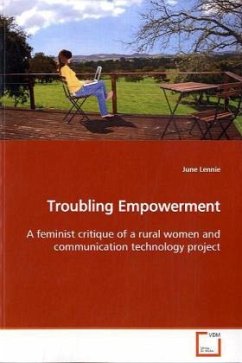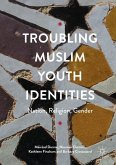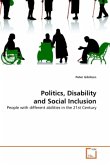Participatory research methodologies and interactive
communication technologies (ICTs) are increasingly
seen as offering ways of enhancing women s
empowerment and rural community development. However,
some researchers suggest the need for caution about
such claims. This book details findings from an
evaluation of a feminist action research project that
explored the impacts of ICTs for rural women in
Queensland, Australia, in terms of personal, business
and community development. Using praxis and
poststructuralist feminist theories and
methodologies, this innovative study presents a
rigorous analysis and critique of women's empowerment
and participation. This study demonstrates the value
of adopting a critical yet pragmatic approach that
takes diversity and difference, power-knowledge
relations, and the contradictory effects of
participation into account. This is argued to enable
the development of more effective strategies for
women s empowerment, participation and inclusion.
This book should be of particular interest to
researchers, postgraduate students, and others
working in the fields of communication, gender, and
rural development, and feminist evaluation and
ethnography.
communication technologies (ICTs) are increasingly
seen as offering ways of enhancing women s
empowerment and rural community development. However,
some researchers suggest the need for caution about
such claims. This book details findings from an
evaluation of a feminist action research project that
explored the impacts of ICTs for rural women in
Queensland, Australia, in terms of personal, business
and community development. Using praxis and
poststructuralist feminist theories and
methodologies, this innovative study presents a
rigorous analysis and critique of women's empowerment
and participation. This study demonstrates the value
of adopting a critical yet pragmatic approach that
takes diversity and difference, power-knowledge
relations, and the contradictory effects of
participation into account. This is argued to enable
the development of more effective strategies for
women s empowerment, participation and inclusion.
This book should be of particular interest to
researchers, postgraduate students, and others
working in the fields of communication, gender, and
rural development, and feminist evaluation and
ethnography.








